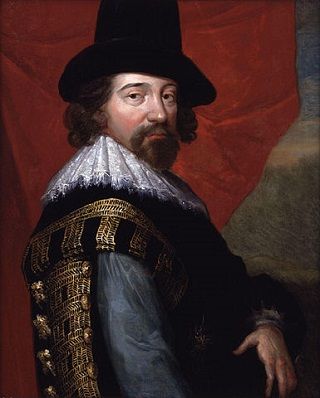Francis Bacon, Scientific Method, and the Future of Humankind

What is certain, however, is that the development of technology began in earnest about 400 years ago and hasn’t (and won’t) let up. I mention this only to celebrate the birthday of Sir Francis Bacon (1561), who, according to the Writers Almanac:
“….spent much of his intellectual life challenging Aristotle’s view that knowledge should begin with universal truths. He said, ‘If a man will begin with certainties, he shall end in doubts; but if he will be content to begin with doubts, he shall end in certainties.’ In Novum Organum (1620), Bacon wrote that scholars should build their knowledge of the world from specific, observable details. His theory is now known as the scientific method, and is the basis of all experimental science.”
We take all this for granted today, but consider for a moment what “science” was like before that. When doctors applied leaches to their patients or performed blood-letting, nobody asked, “Does this really work?” Or, if anyone would ask, at the very least no one could answer in the affirmative. Yet the fact that there was zero evidence supporting a certain practice didn’t even matter — until Bacon came around.
That, of course, brings us back to our earlier question: Now that we have technology developing at an ever-increasing pace, where will it take us? No one knows.
